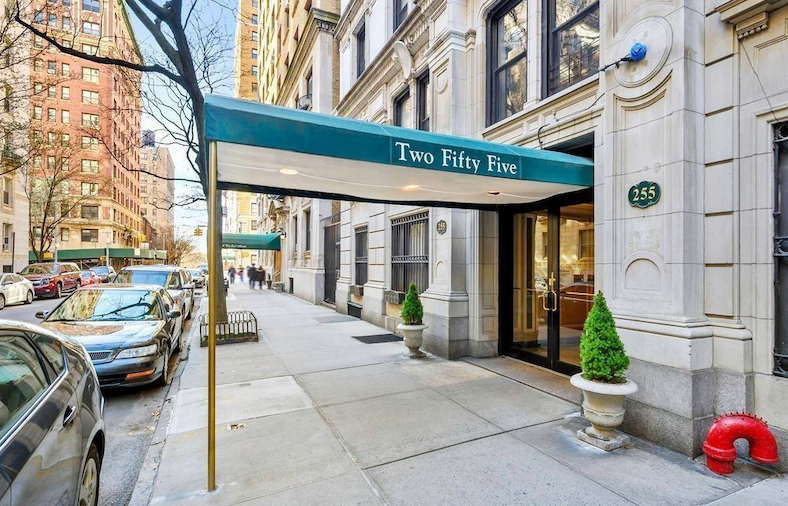
Question: What’s with the bridges and tunnel label? Isn’t everyone a bridge and tunnel type?
— Happy in Staten Island
Dear Happy:
This may come as a shock to you, but people in Manhattan often have a ‘“better than you” attitude. When Hoboken’s own Frank Sinatra belted out “I’m king of the hill / top of the heap,” he wasn’t singing about Jackson Heights.
The holier than thou divide between Manhattanites and outer borough residents has shaped New York City social life since the 18th Century Knickerbockers, who traced their ancestry back to the original Dutch settlers, clear up to today’s champagne-swilling swells populating the party photos in Sunday Styles section of the New York Times.
Most people are like Tony Manero in “Saturday Night Fever,” a movie about a bunch of bridge and tunnel teens dancing their lives away in a backwater Brooklyn disco. They’re living on the outside, looking in. But some want in, and some get in. As Stephanie tells Tony: “I’m out of this scene completely, you know this whole Bay Ridge scene. I’m moving into Manhattan.”
The phrase “bridge and tunnel” is thought to have first appeared in “To Be Thin, Beautiful and Cheek-to-Jowl,” a New York Times story, which, in fact, was published the very same year “Saturday Night Fever” came out. The article, authored by long-time reporter and columnist Enid Nemy, recounts a well-attended, well-pedigreed party at the three-story town house of Sam LeTulle, a fashionable and slim socialite. Nemy notes 80 or so people in attendance, but according to one guest: “All of New York is here.”
Later in the article, the “bridge and tunnel” term is attributed to Brooklyn-born partygoer Steve Rubell, one of the founders of the legendary, and legendarily exclusive, Studio 54 nightclub, most infamous for its long lines of people hoping to be picked and allowed in.
“On the weekends, we get all the bridge and tunnel people who try to get in,” he said.
Elizabeth Fondaras, a pillar of the city’s conservative social scene, who had just told Mr. Rubell she had never tried to get into Studio 54 for fear of being rejected, asked who the bridge and tunnel people were.
“The people from Queens and Staten Island and those places,” he said.
He looked over Mrs. Fondaras, who was wearing a handsome but sedate gown, and neat, carefully coiffed hair, and admitted that she might have trouble getting into the club under normal circumstances.
“But just phone and let me know you’re coming,” he said, grandly.’
Bay City, Texas-born architect-designer Sam LeTulle, a Manhattan society fixture of the time, threw that party to honor “socialite and hostess” Harriet de Rosière, a 20th century character right out of an Edith Wharton novel. She was a regular among best-dressed lists of the time. She skied. She dove. She married the Vicomte Paul de Rosière and lived in Paris, London and Houston as well as New York. She died in 2013 at her home in Palm Beach “with Reggie, her faithful Corgi, at her side.” Harriet Moeller did well for a girl from Bexley, Ohio.
Don’t take the wrong lesson here. You don’t have to be society jerk or a billionaire on the board of the Met to avoid the bridge and tunnel label. You don’t even have to be from Manhattan.
But you do have to be somebody. There are all kinds of somebodies in Manhattan. There are Wall Street’s masters of the universe and Park Avenue socialites, writers and journalists, artists and fashion designers, Broadway performers and classical musicians, brain surgeons and nuclear physicists. You name it. What they have in common is they are all the best of the best. The best of America, and the best of the world. King of the hill, top of the heap. It’s who we are.
If you want in, phone and say you’re coming.
David Crook is a veteran journalist and author of The Complete Wall Street Journal Real-Estate Investing and Homeowner’s Guidebooks. Do you have a question about anything real estate-related in NYC? Write him at askus@streeteasy.com. For verification purposes, please include your name and a phone number; neither will be published. Note: Nothing in this column should be considered professional legal advice. If you have a legal issue, consult an attorney.
—
Hey, why not like StreetEasy on Facebook and follow @streeteasy on Instagram?








